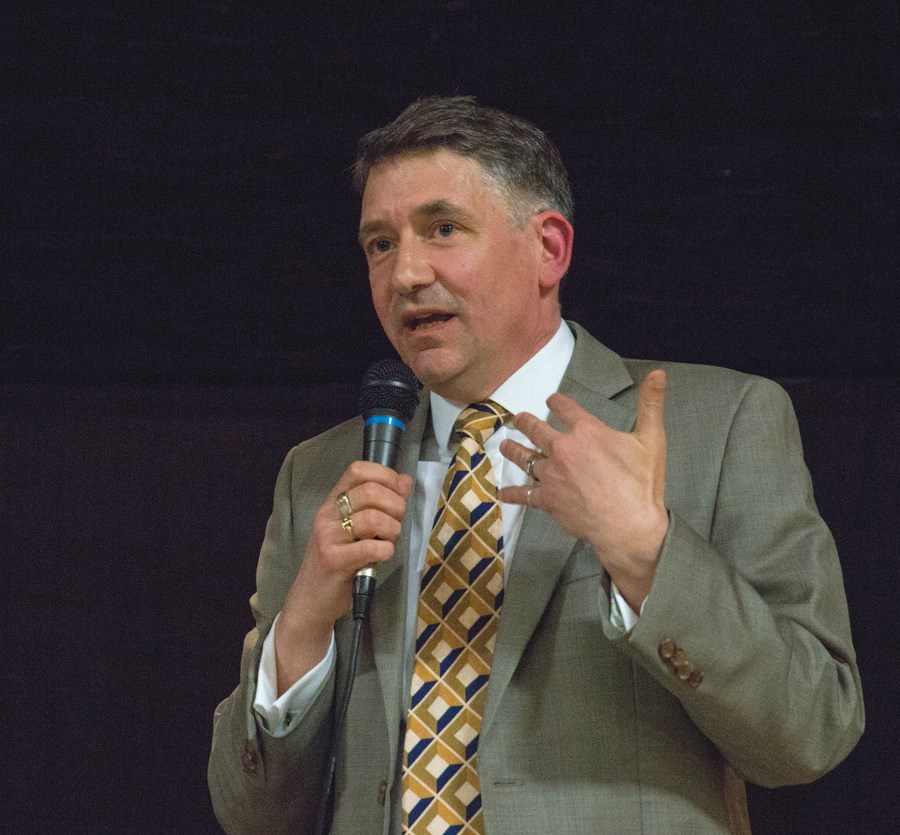The final count is done, but there’s still an air of uncertainty around the B.C. election results.
After adding in absentee ballots, and doing a full recount, the NDP lead in the closest riding, Courtenay-Comox grew to 189 votes.
The results of May 9 also stood up in the province’s 86 other ridings, leaving the seat breakdown at 43 Liberal, 41 NDP and three Green and putting the Liberals in a minority government situation, although there’s still potential for a change if any judicial recounts are approved. Parties and candidates have a six-day window from May 24 to file for a judicial recount.
Powell River-Sunshine Coast had the third-highest number of absentee ballots at 3,599, but with the NDP’s Nicholas Simons holding a margin of more than 6,000 votes after May 9, the result was not in doubt.
The final count for the riding, released May 23, showed Simons with 13,646 votes, or 50.7 per cent of the ballots cast, Mathew Wilson of the BC Liberals with 6,602 votes, Green candidate Kim Darwin at 6,505 and the Cascadia Party’s Rueben Richards with 160 votes.
A minority government with the Greens holding the balance of power could have an impact on projects like the Kinder Morgan pipeline expansion, which the federal government has backed.
In an interview with Coast Reporter this week, West Vancouver-Sunshine Coast-Sea to Sky MP Pam Goldsmith-Jones wouldn’t say if the Liberal government in Ottawa felt the election results put any federal initiatives in doubt.
“Obviously we’re prepared to work with whomever forms government according to the wishes of British Columbians,” she said, adding that in the federal riding there are going to be two NDP and three BC Liberal MLAs, a balance that reflects the province as a whole.
Goldsmith-Jones also acknowledged that the strong showing by the Green Party creates a new dynamic. “This gives the Greens an opportunity to articulate their vision and any government that forms power an opportunity to incorporate that in their public policy.”
As well as wondering about how long a minority government might last, many British Columbians have been wondering why it took 13 days to count all the votes.
Voting rules in B.C. allow people to cast ballots anywhere, and votes cast outside a person’s assigned polling station are sealed in an envelope with a name and address on it. The envelopes then have to be manually checked against the names crossed off the voters list to guard against duplicate votes.
Capilano University political studies professor Tim Schouls told Coast Reporter that because so much depended on those absentee ballots this time around, there may be an appetite to change voting rules to allow for a faster count.
“It sure makes sense. This is so unprecedented, we’ve never had anything like this here in British Columbia and perhaps even in Canada,” he said. “I wouldn’t be surprised if they take a look at that. There’s no reason why these absentee ballots have to sit where they are for 13 days prior to being counted.”
The province’s chief electoral officer typically makes recommendations for changes after each election, and in an interview with CBC on May 11, Keith Archer said he was open to considering a system that allows that cross-checking of whether someone has already voted to happen in real time on election day.



